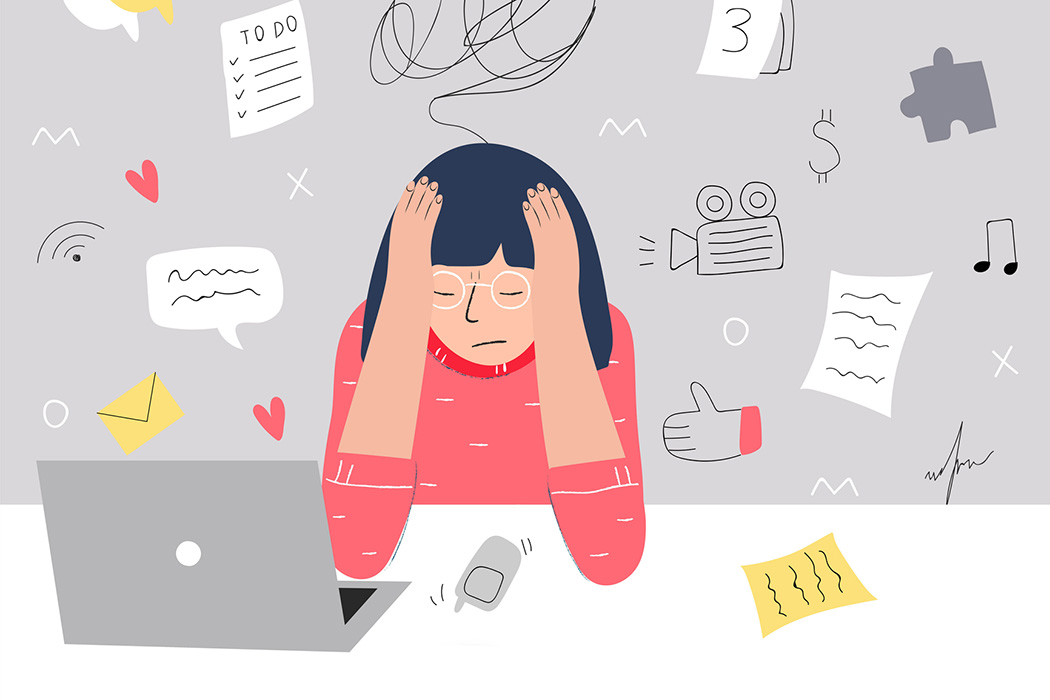Although it is well-known that alcohol has been linked to negative physical and mental outcomes however, what is the situation for ADHD individuals? ADHD individuals are more at risk of experiencing impaired executive functioning and a higher risk of developing impairments in the event of drinking alcohol. The symptoms of ADHD are often magnified when alcohol is introduced, creating impulsive behaviors and impaired judgment. ADHD sufferers are more likely than others to have a slower metabolism, this means that alcohol may cause long-lasting effects. ADHD is believed to increase the chances of developing an addiction to alcohol because they’re less self-regulated. Thus, it’s recommended for those living with ADHD to abstain from drinking completely so that they don’t risk a incident.

Individuals with ADHD (Attention Deficit Hyperactivity Disorder) are particularly susceptible to the severe risks that come with the consumption of alcohol. Most people aren’t aware of this and yet they’re more likely to become addicted to alcohol. This is due to the fact that stimulant effects can reduce the intensity of their behavior and provide them with the feeling of being calm. Additionally, drinking alcohol can reduce the effectiveness of ADHD medications, often making the symptoms more severe. In case all of that wasn’t enough to worry about, ADHD patients tend to drink more alcohol than those with the condition, which means they are more vulnerable to harmful effects. ADHD patients must avoid drinking alcohol, or take other precautions.
ADHD patients can benefit and suffer from alcohol use. Alcohol can be helpful in calming an anxious nervous system that can result in better mood and mental clarity, it could also impair reaction time and judgment. People with ADHD already exhibit poor judgment in comparison to those without ADHD. Research has shown that people with ADHD or an attention deficit disorder (ADD) tend to be dependent on alcohol in the beginning as compared to other individuals. This can be a serious issue. It is crucial that those who engage in this type of activity be aware of the negative consequences and reduce their consumption. Good eating habits, which include plenty of fruits and vegetables and regular exercise are great ways to control symptoms without resorting to too much alcohol.
ADHD treatment effectiveness may be affected in many ways. While it is well-known that excessive alcohol intake can affect the quality of life and lower the effectiveness of medication, some research has shown that some individuals with ADHD may find moderate drinking beneficial. A glass of light beer or white wine once per day might assist in reducing symptoms like restlessness, impulsivity, and hyperactivity. This can vary from person to individual. It might help improve certain symptoms, but it may cause them to become worse for others. Before you decide if alcohol is right to consume, it is important to consult with your physician regarding the benefits and disadvantages. Moderation is the key to any new treatment.
For more information, click adhd and drinking alcohol